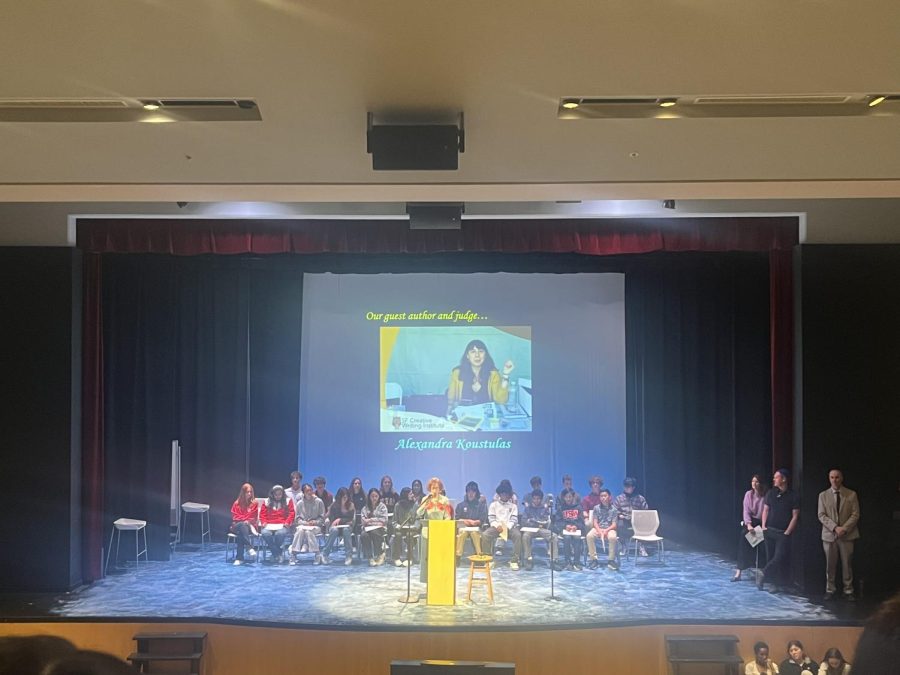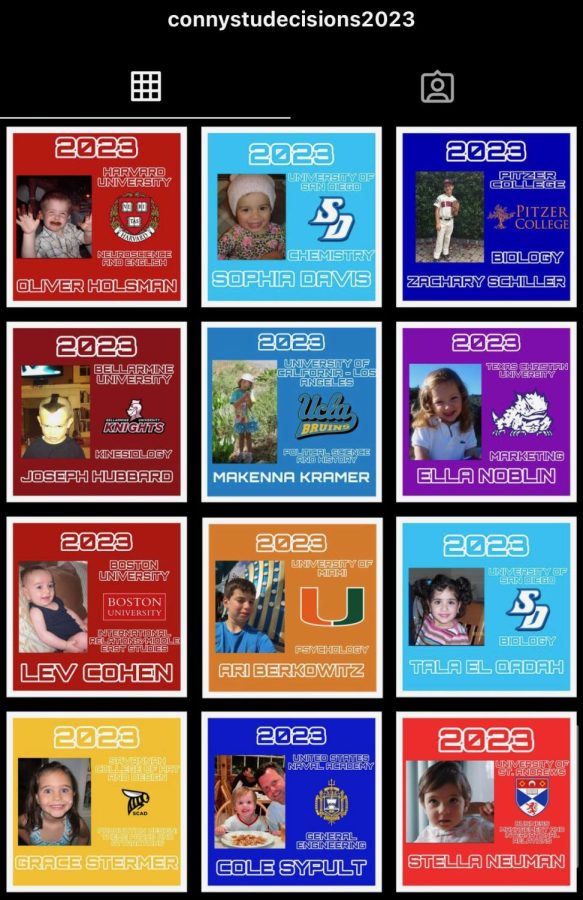Tatiana Gutirrez & Shirley Yang
Reporters

Senior Kendall Scullion could not be found of Facebook for three months last fall, preventing her friends from easily contacting her or tagging her in photos. Scullion wasn’t on any type of punishment, but is one of an increasing number of students who is temporarily deactivating her Facebook account to focus on school work or other activities.
Twenty-eight percent of teens log on to Facebook on their cell phones before rising out of bed, according to digitalbuzzblog. com, while 57 percent report they interact with others more on the Internet than they do in real life, spending more than 55 minutes a day on the site.
“I had college applications — I don’t have anything inappropriate on my Facebook — but it was a distraction,” Scullion said. “I would pick up a book and it was kind of nice to do other stuff.”
Individual users are connected to an average of 80 community pages, groups and events, according to Facebook.
“Facebook can be overwhelming and distracting,” freshman Sierra Wolfrom said. “Sometimes using Facebook is like Alice in Wonderland and falling down the rabbit hole,” learning resource teacher Patricia Kievlan said. “You keep linking and linking among different things and you get further and further in without realizing how much time has passed or how far you›ve gone. There are so many things to look at that it is really easy to lose track of time. There is not a specific endpoint to it.”
Deactivating a Facebook account keeps the user from being searched by others, tagged in pictures or posts and receiving messages. Although the page’s information is hidden from other Facebook users, Facebook saves the data until the user logs on again.
“When I went back on, other friends had pictures that I wasn’t tagged in,” senior Maddie Kelley said. Kelly deactivated her account for two and a half months during her junior year because she was spending too much time on Facebook looking at the same material.
Deactivating a Facebook account takes a few minutes but can keep users off of the site for days, weeks and months because it deletes the urge to constantly check notifications and new content, according to junior Allegra Spinoso, who has deactivated her account.
“I go on Facebook when I’m bored and not when I need to talk to someone,” Spinoso said.
Students should interact and talk with people in real life and make sure that the relationships on Facebook and in real life are friendly, productive and supportive instead of going on Facebook, says Kievlan.
“It’s really easy to get sucked into it, so I think that [the user] should really be mindful on how they use their Facebook. Use it with a plan, and with a limit.” Kievlan said.
Facebook accounts can be deleted permanently, removing all content from the Facebook database. Users are given an unspecified grace period before the account is no longer accessible and the user can no longer sign back into her account.
Deactivating a Facebook only solves the problem for a short amount of time. Many teens, like Kelly, log back on to their accounts for numerous reasons after a few months.
“I did think I would do my homework, but what I realized is that you will find other things to distract yourself,” Kelley said. “It definitely took away a big distraction, but it really did not solve the problem.”









